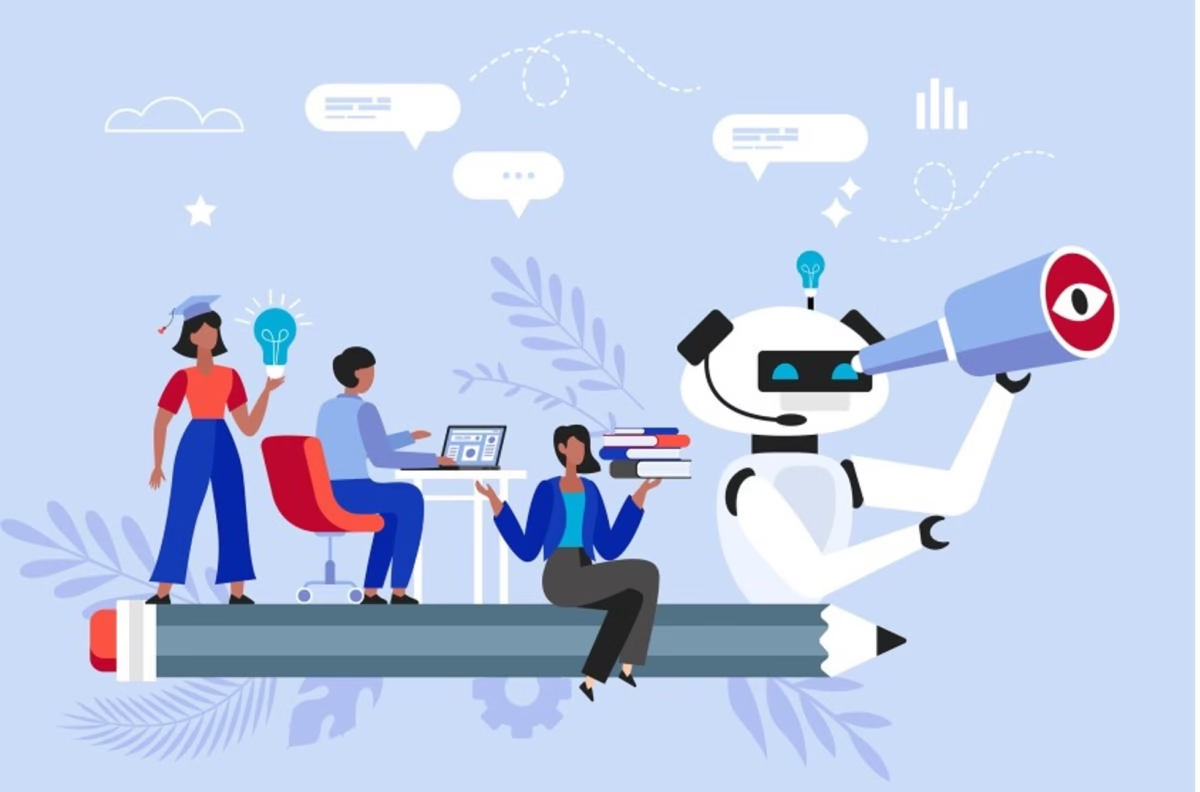The future of research in an AI-driven world

For centuries, research has been at the heart of human progress. From Newton’s laws to the discovery of DNA and the rise of the internet, each breakthrough began with the curiosity of researchers who asked difficult questions and worked tirelessly to find answers. Today, we stand on the edge of another major shift — one powered by Artificial Intelligence (AI).
AI is no longer just a buzzword in tech circles. It is fast becoming a key partner in the research process, changing how questions are asked, how data is analyzed, and how knowledge is shared. The future of research in an AI-driven world is not about replacing human minds, but about enhancing them.
One of the most striking benefits of AI is speed. What once took researchers weeks or months can now be done in hours. Literature reviews, data analysis, and even trend forecasting are becoming faster and more accurate with AI assistance. For example, AI-powered platforms can scan thousands of academic papers, pull out key insights, and even suggest connections across disciplines that a human might not easily spot.
This ability to work at scale also means researchers can take on bigger questions — from climate change to global health challenges — with tools that help them process data from all over the world in real time.
AI doesn’t just make research faster; it makes it more accessible. Students, young professionals, and researchers in developing countries can now access tools that level the playing field. With AI-powered platforms, a postgraduate student in Lagos has nearly the same research capabilities as a counterpart in London or New York.
This democratization of research means more voices, more perspectives, and more innovation. The barriers of cost, time, and geography are being lowered, allowing a wider pool of talent to contribute to solving humanity’s biggest problems.
Despite its power, AI cannot replace the creativity, intuition, and ethical judgment of human beings. Research is not only about finding patterns in data but also about asking the right questions, interpreting results with cultural awareness, and considering long-term impact.
The future belongs to human–AI collaboration. AI will handle the heavy lifting — crunching numbers, identifying trends, automating repetitive tasks — while humans provide the vision, context, and ethical compass. This partnership will result in richer, more reliable outcomes.
Of course, the path is not without hurdles. Issues like bias in AI models, data privacy, and the temptation to over-rely on automated results could undermine progress if not carefully managed. Researchers will need to uphold high standards of integrity, double-check AI outputs, and remain mindful of the ethical implications of their work.
Looking ahead, AI promises to expand the very definition of what is possible in research. Imagine global networks of researchers and AI systems working together in real time to solve pandemics, discover new energy sources, or develop cures for diseases once thought incurable.
The future of research in an AI-driven world is not about machines taking over knowledge creation. It is about giving humans the most powerful tools ever created to explore, to understand, and to innovate.
In this new era, curiosity will still be the spark — but AI will be the wind that helps it spread faster, further, and with greater impact than ever before.

